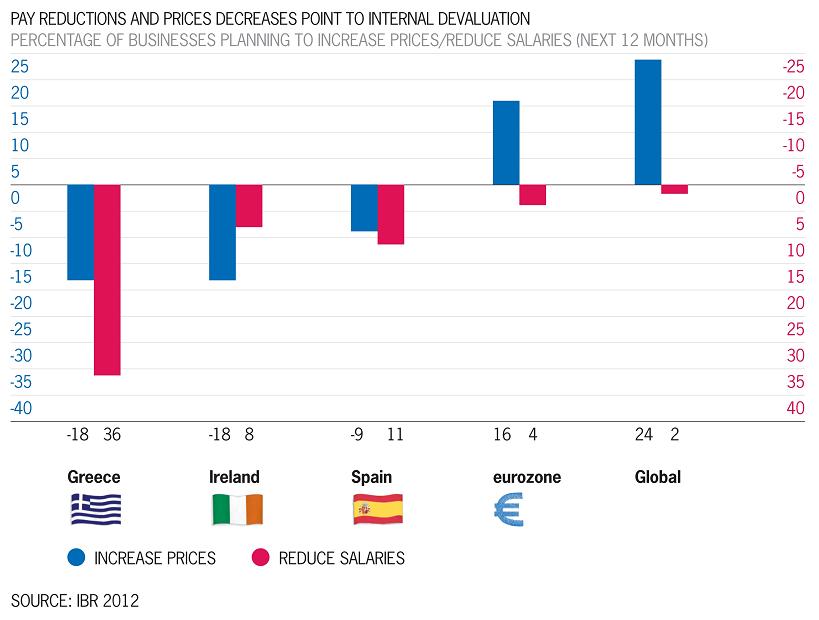アシュアランス
-
会計監査
会計監査
税務サービス
-
移転価格
移転価格
-
税務監査
税務監査
-
税務訴訟
税務訴訟
-
アドバンス・ルーリング
アドバンス・ルーリング
-
租税条約に関する申請
租税条約に関する申請
-
税務代理人
税務代理人
-
外国籍個人総合所得税申告
外国籍個人総合所得税申告
アウトソーシング・サービス
グラントソントン台湾の人材募集チームは台湾で長年の経験があり、市場で一定の地位を築いています。我々は人材募集の分野におけるパフォーマンスとイノベーションに重点を置いています。
居留証申請代行
-
労働許可申請代行
労働許可申請代行
アドバイザリー・サービス
-
台湾投資相談・外国人投資申請
台湾投資相談・外国人投資申請
企業向けサービス
合併及び買収
-
合併及び買収
合併及び買収
法律サービス
評価サービス
ESG & サステナビリティ
化学
建設業
電子工業
金融業
食料品製造業
サービス業
情報技術
精密機械
製造業
金属製品
製薬工業
公共サービス
サービス業
卸売・小売業
情報通信業
繊維
